Encephalitis on rise in twin cities of Hyderabad and Secunderabad
Mon 22 Feb 2016, 11:58:08
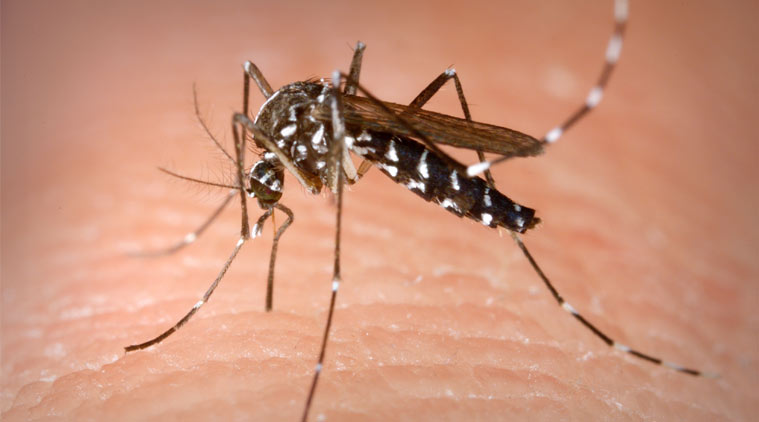
There is steep rise in encephalitis cases in the twin cities of Hyderabad and Secunderabad, according to a survey conducted by an NGO.
According to the Helping Hand Foundation, more than 200 cases were reported in city in 2015-16 mainly in small children. The Helping Hand Foundation, which provides medical and health services to the disadvantaged sections of society, recently conducted the survey on the rising incidents of encephalitis or paediatric Meningoencephalitis in the city. According to this survey, the recent years have seen a dramatic rise in the incidence of Encephalitis in children.
Several leading paediatricians were interviewed and data was collected from private hospitals which specialise in paediatric care and also from government run hospitals which have exclusive paediatric units. Encephalitis or Meningoencephalitis is a life threatening acute inflammation (swelling up) of the brain tissue, resulting either from a viral or bacterial infection or when the body’s own immune system
mistakenly attacks brain tissue. However the most common cause and source is a viral infection.
mistakenly attacks brain tissue. However the most common cause and source is a viral infection.
Citing the causes of this disease professor and HOD paediatrics at Deccan College of Medical Sciences, Dr Altaf Naseem said, “in South India and more so in Hyderabad – encephalitis is generally caused by viruses, like herpes simplex virus (HSV), measles, mumps and chicken pox and all these diseases are vaccine preventable to a great extent.” He said, “the affected child is typically in the age group of 5 to 10 years although children below 5 years can also be infected and generally majority of the children are from low economic strata.”
The dengue virus which is transmitted through mosquitoes, can also cause encephalitis in children. The symptoms rapidly worsen, and there may be seizures (fits), confusion, drowsiness and loss of consciousness, and even coma. Encephalitis can be life-threatening, and can cause severe morbidity and high mortality in children if not treated timely.
No Comments For This Post, Be first to write a Comment.
Most viewed from Hyderabad
Most viewed from World
AIMIM News
Latest Urdu News
Most Viewed
May 26, 2020
Can Lionel Messi's visit boost Indian football?
Latest Videos View All
Like Us
Home
About Us
Advertise With Us
All Polls
Epaper Archives
Privacy Policy
Contact Us
Download Etemaad App
© 2026 Etemaad Daily News, All Rights Reserved.

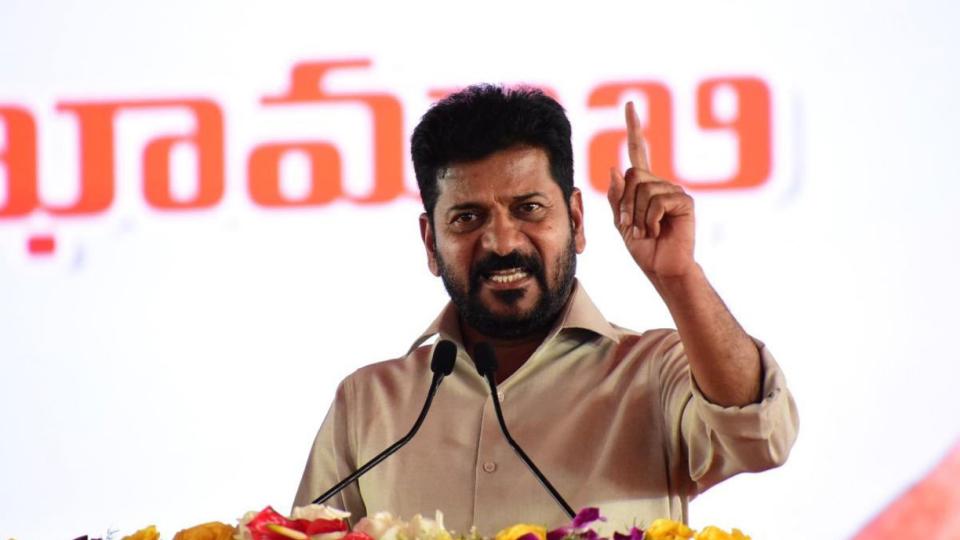

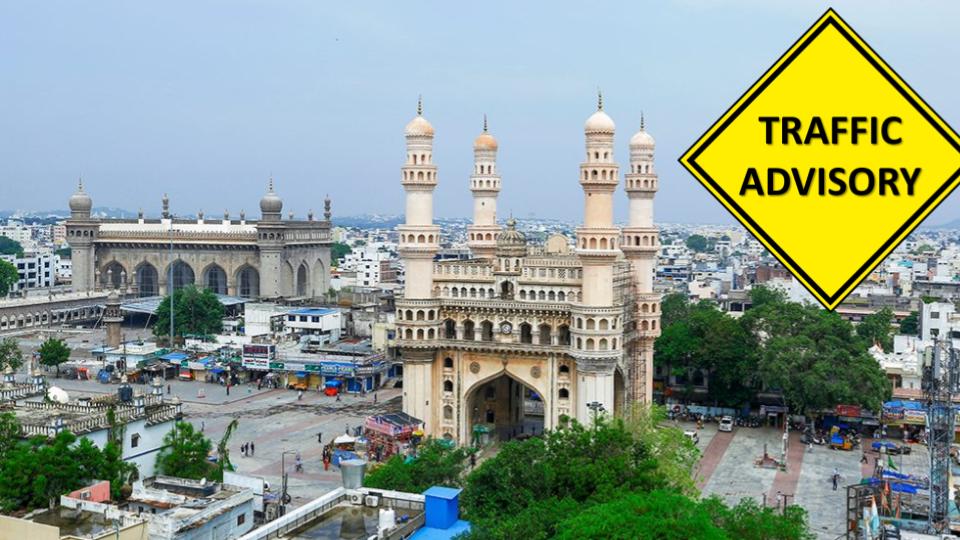

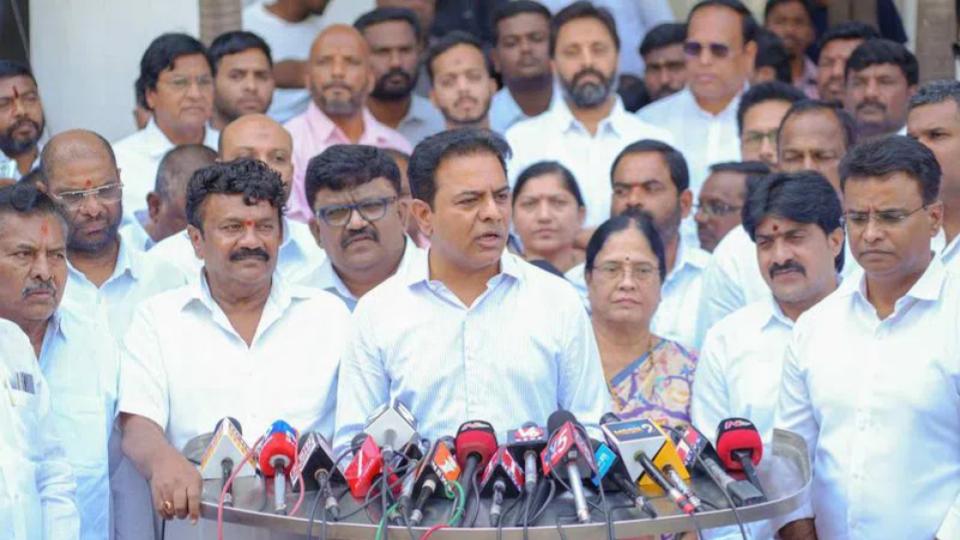

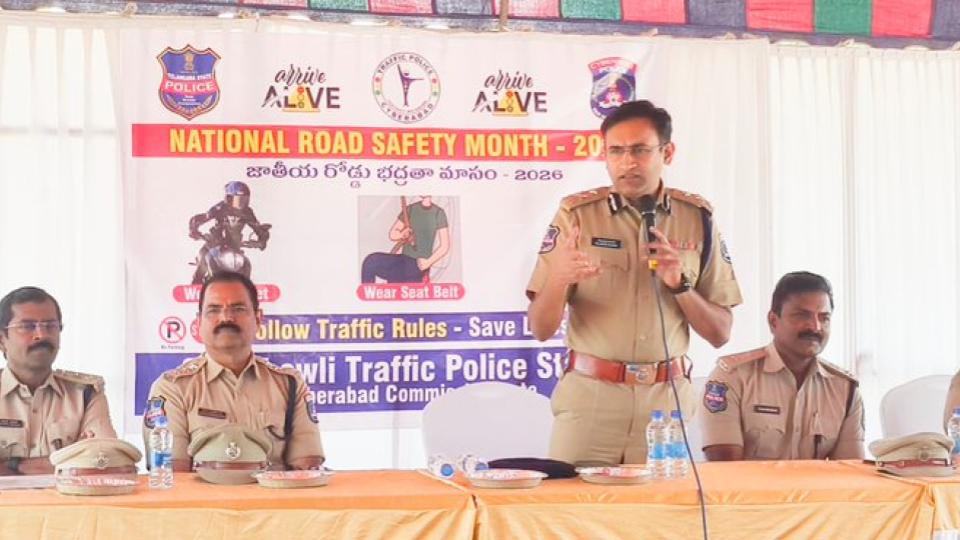

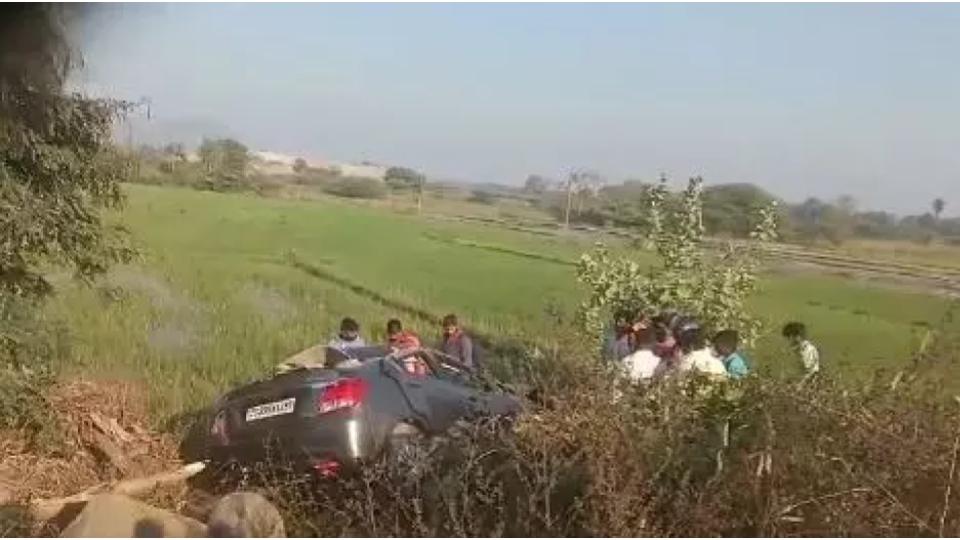
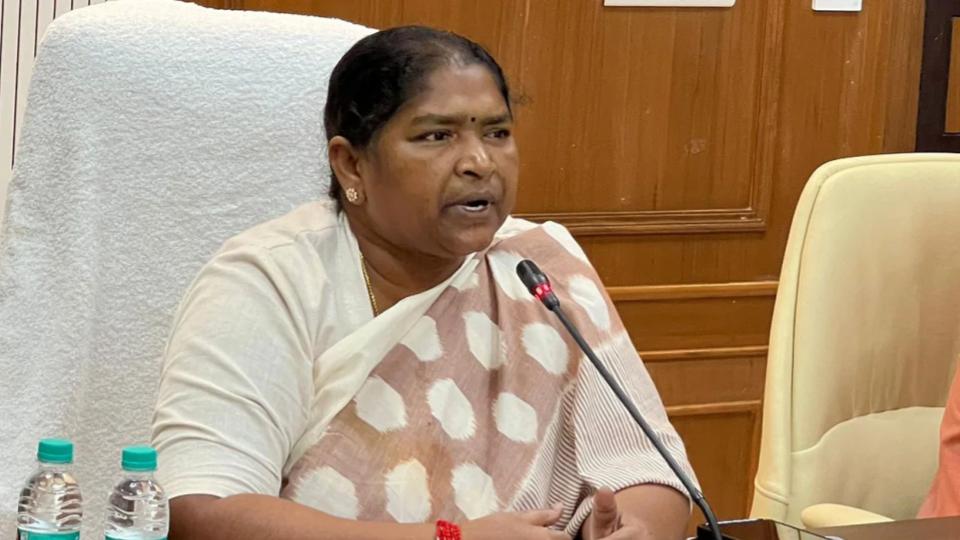


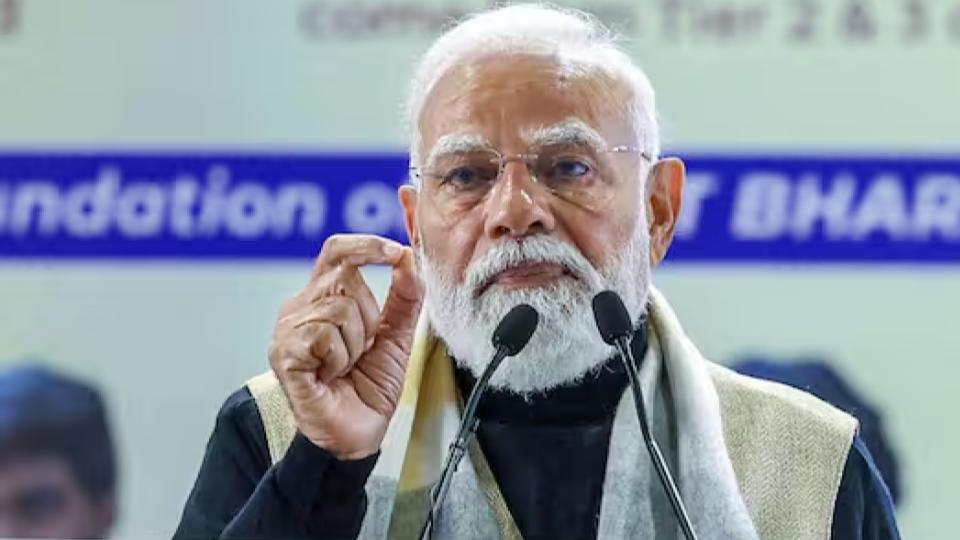





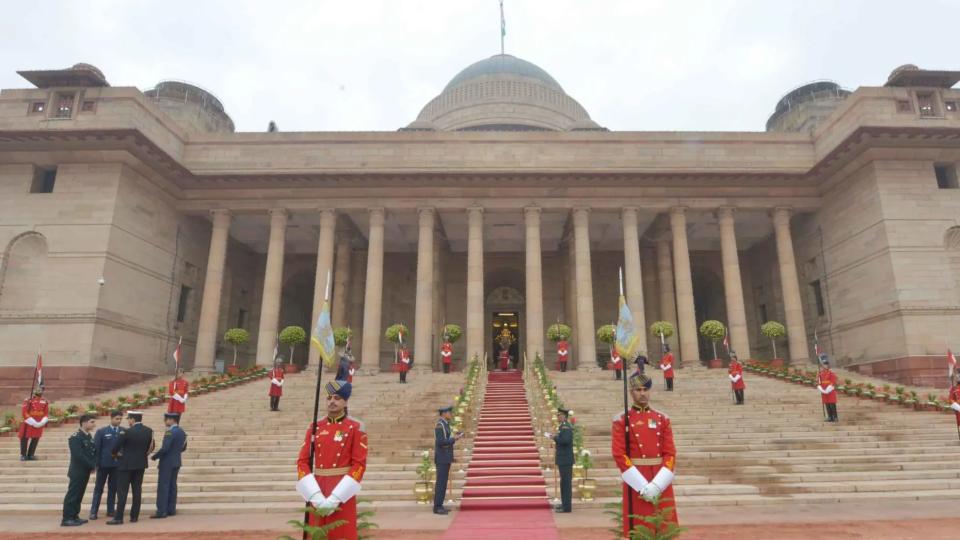
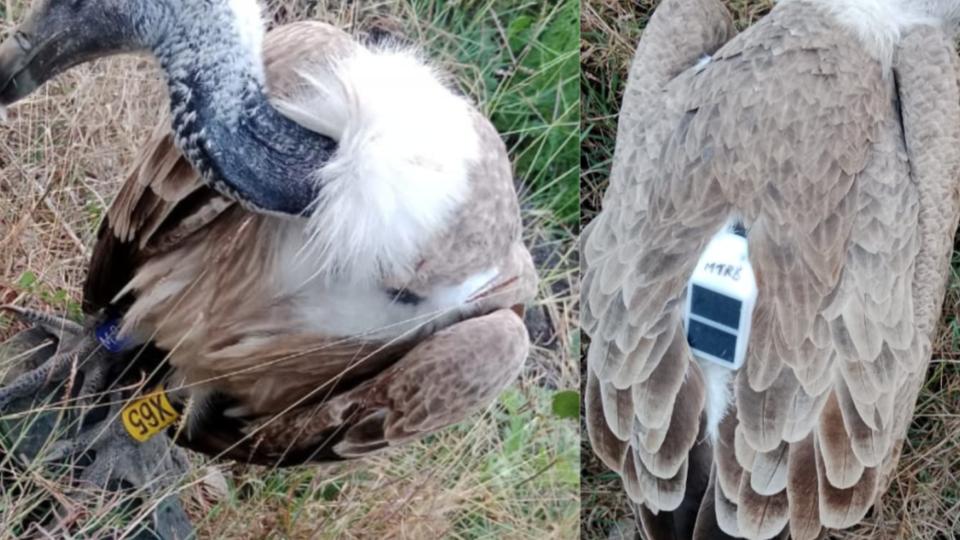


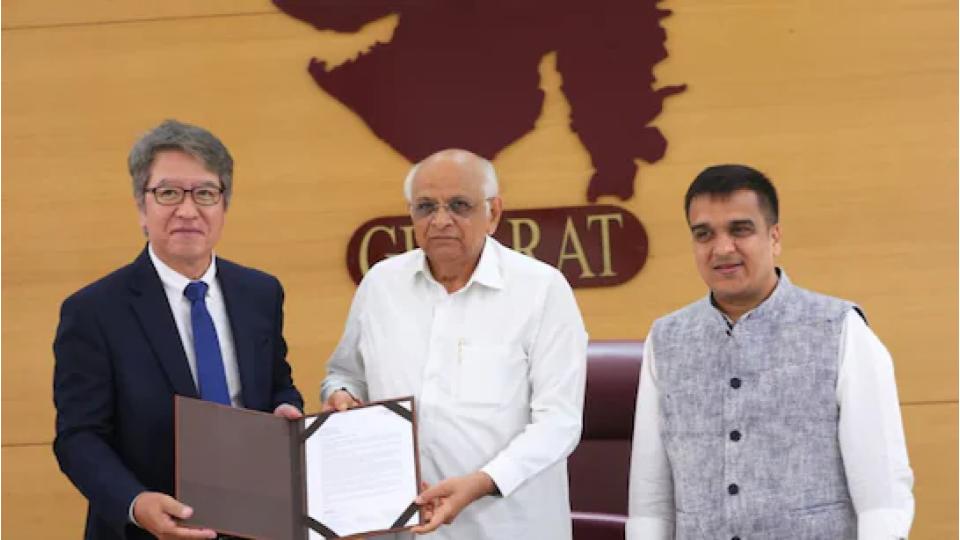













.jpg)
.jpg)
.jpg)


